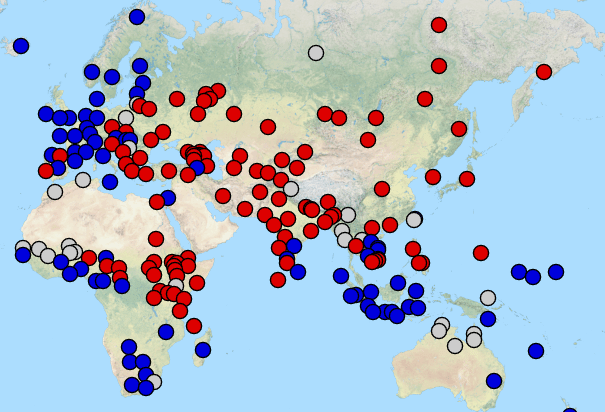It’s the end of my latest term, and once again time for me to start up in Independent Studies.
I’ve been waiting all term to check out a certain book from my university library, knowing I wouldn’t have time to read it until after exams. One of the best parts of transferring to a new school is perusing their collection of tea-related books. My last school introduced me to The Book of Tea, and Tea in Japan: Essays on the History of Chanoyu (see Bookshelf for more information).
Here, I’ve found The Tea Road: China and Russia Meet Across the Steppe, by Martha Avery, detailing the lesser-known, Northern cousin of the Silk Road and Tea Horse Roads. Best bet is to look up “Siberian Route” on Wikipedia for more information.
The book details the history of its inception and follows its formation, roughly, from China to Russia.
I’ve been taking notes.
Continue reading




